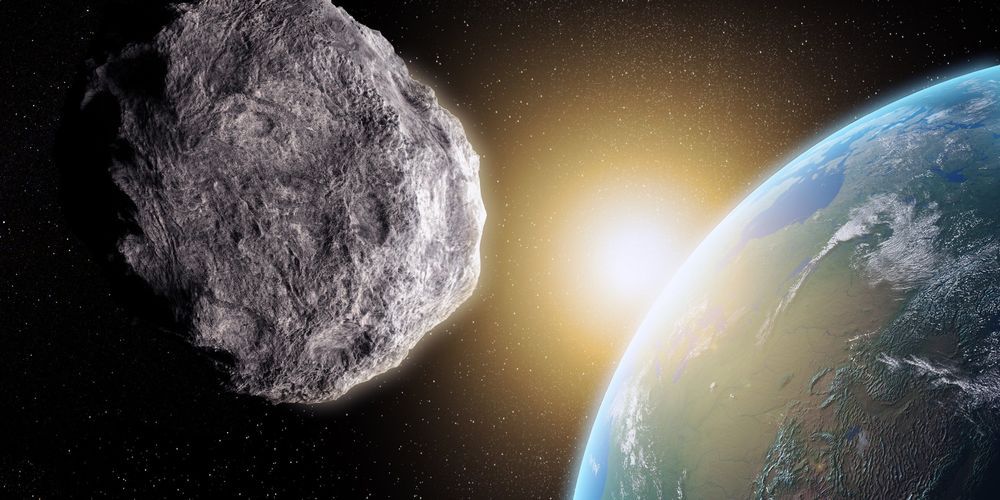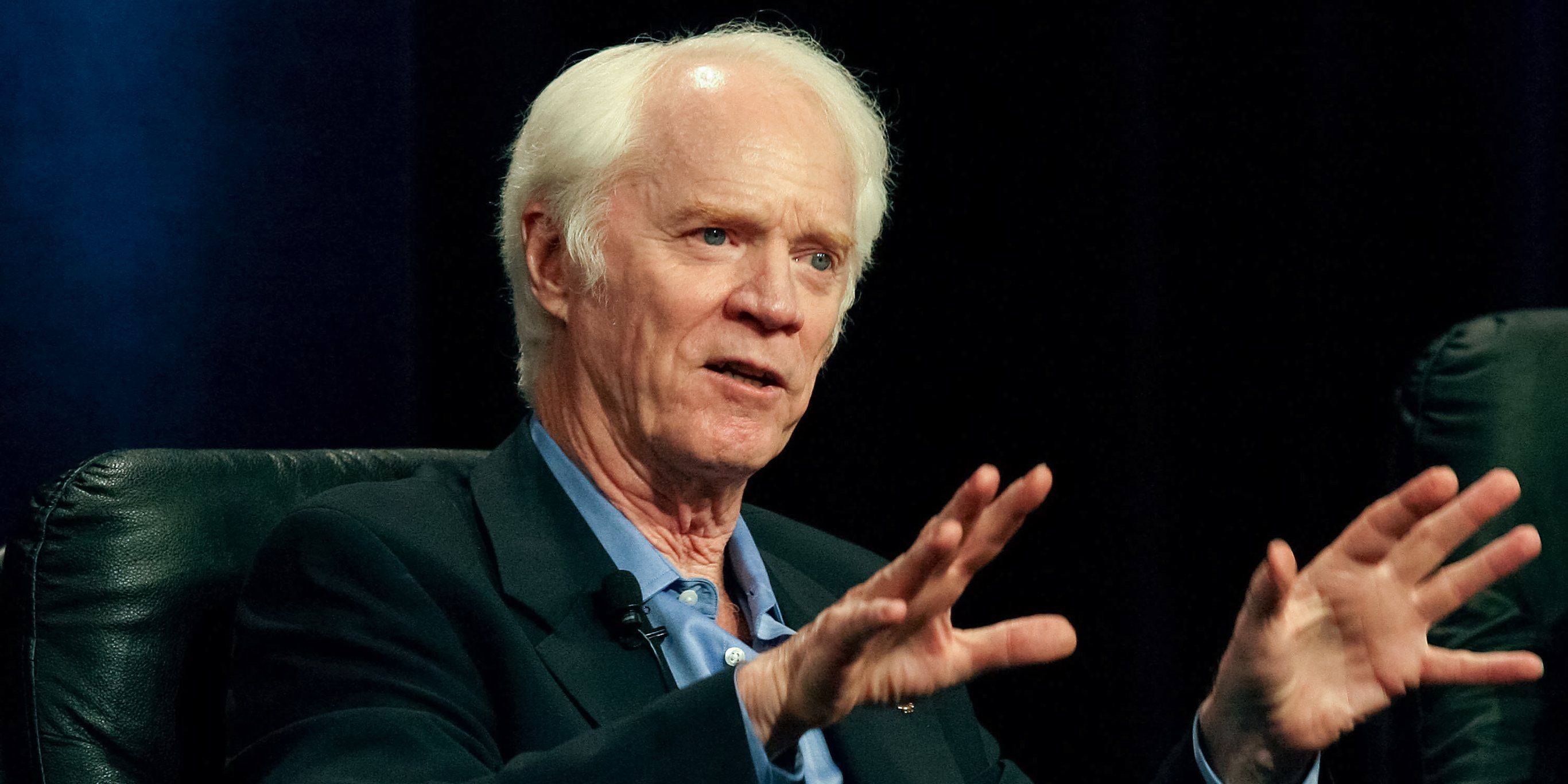- If an asteroid were to head towards Earth in the foreseeable future, we would be quite defenceless.
- To change that, NASA has approved a mission to throw a “small” asteroid off course in October 2022.
- The aim of the project is to establish whether we can protect our planet from a future asteroid impact.
If an asteroid were to head towards Earth, we would be quite defenceless as we have not successfully developed a method that could reduce the impact of — or entirely avert — a devastating collision.
However, that may be about to change. NASA has approved a project called the Double Asteroid Redirection Test (DART), the aim of which is to throw a “small” asteroid off course in October 2022.





